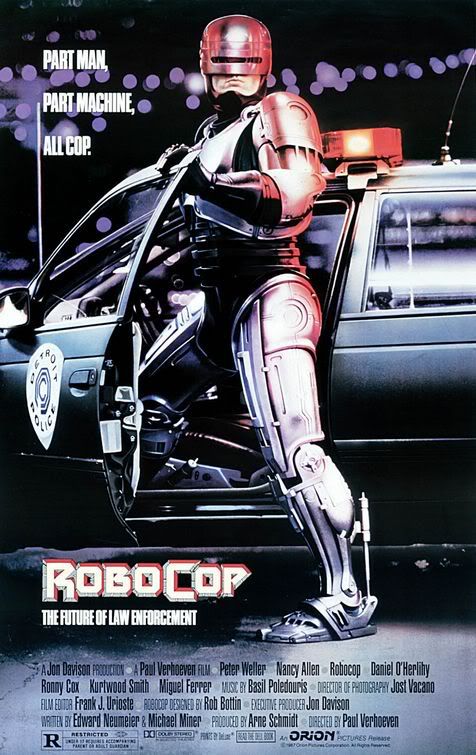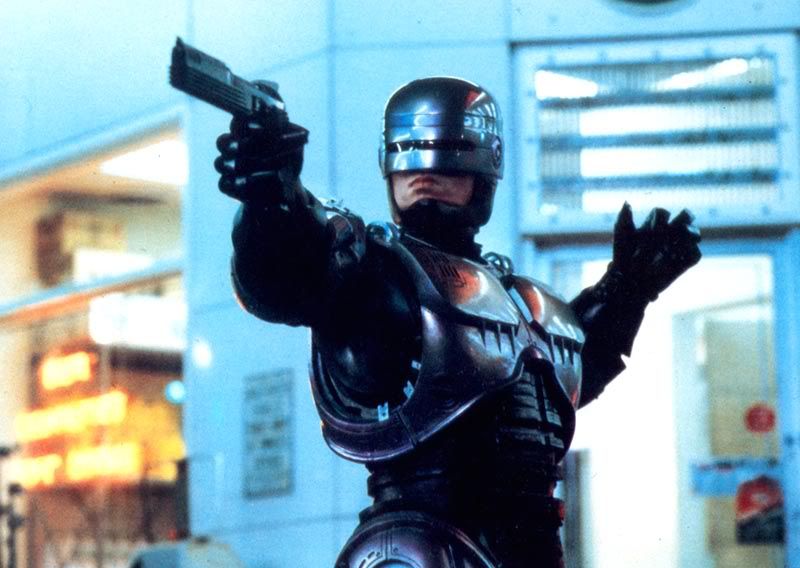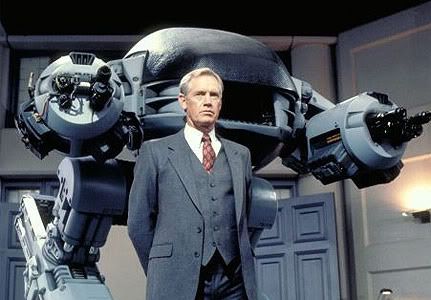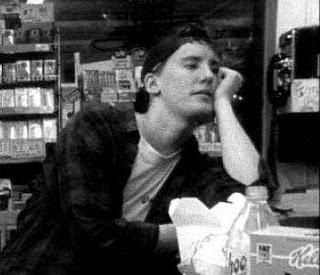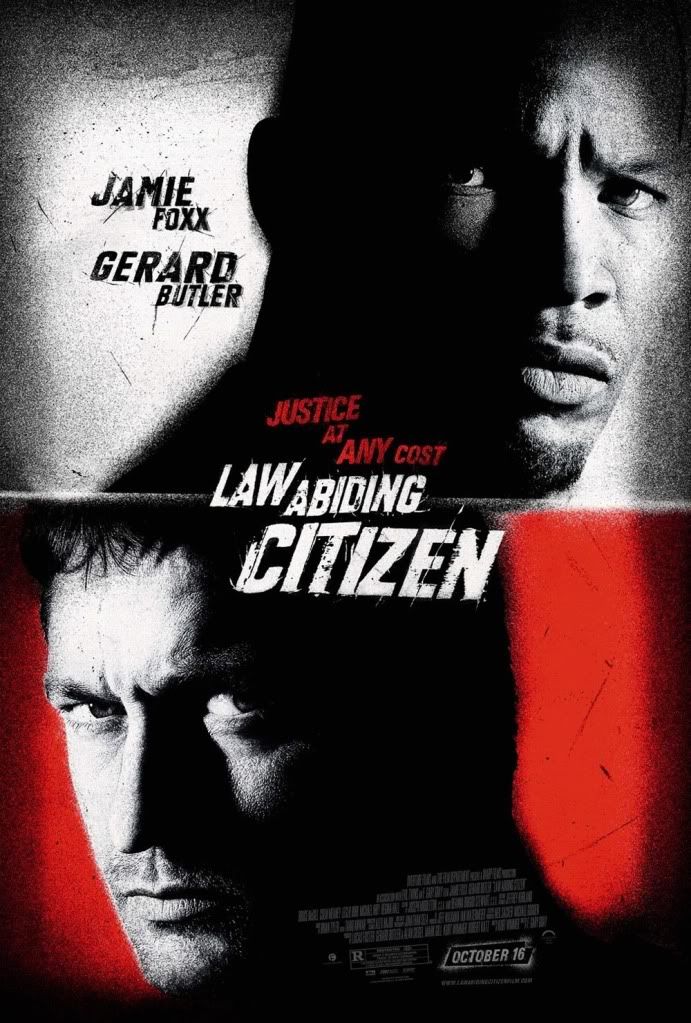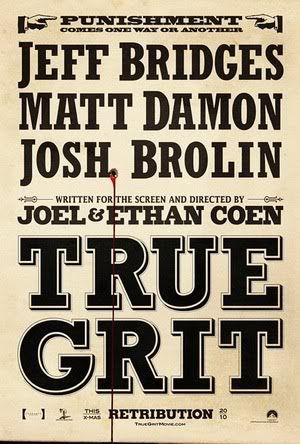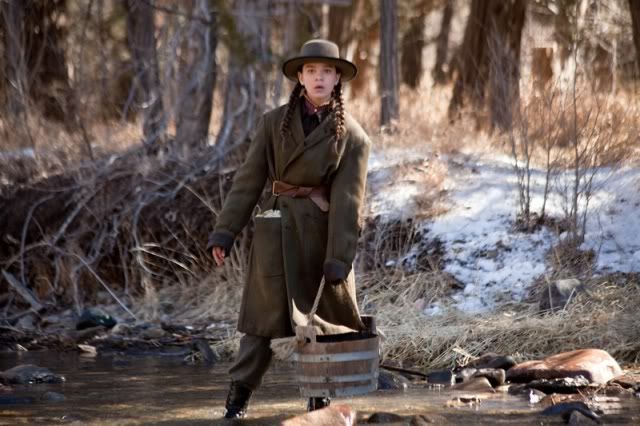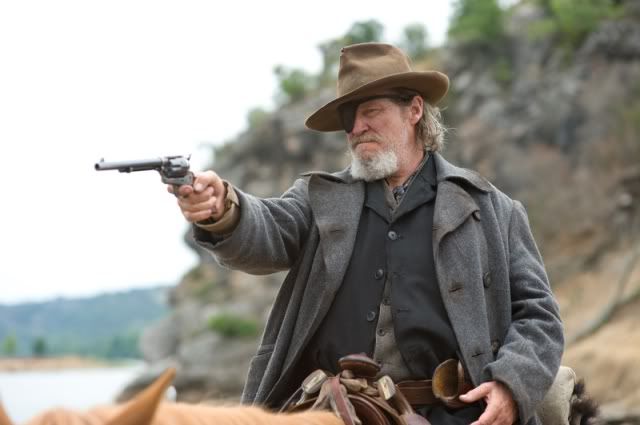
[audio:http://www.blueinkalchemy.com/uploads/naked_gun.mp3]
The parody is hardly a new form of artistic expression. People have been making fun of things other people do since time immemorial. I’m sure there are some cave drawings that, in context, are downright hilarious. For a few years the premiere comedy team for cinematic parody were David Zucker, Jim Abrahams and Jerry Zucker. One of the finest examples of their work came about in the form of a series of films that have been mercilessly pursued, copied and mined for ideas. It all began with The Naked Gun.
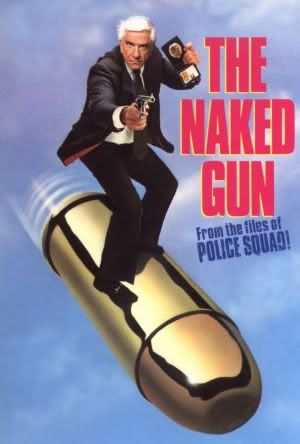
Okay, I lie. It all began with Police Squad!, a television show aimed at taking the piss out of the hard-bitten noir detective shows like Dragnet. The Naked Gun is the full-length film that grew out of that show, starring Leslie Neilsen as Detective Lieutenant Frank Drebin. Drebin’s a decent cop in a bad town, narrating the particulars of the case at hand and his feelings for Jane, a beautiful woman who seems to keep getting mixed up with slick corporate villains. With this somewhat loose outline of a plot, the writers worry less about the drama inherent to noir crime yarns and more about the right timing of a sight gag, the best snappy comeback and the most over-the-top way in which they can tackle a pop culture target.
When Leslie Neilsen passed away I was among those who mourned. His sense of comedic timing and elastic facial expressions were coupled with a fine form of gravitas which allowed him to deliver punchlines with the sort of straight-faced stoniness that’d put the detectives on Law & Order to shame. I consider the Naked Gun films to be among his finest work, though he also really shined in Airplane! to the point that “Don’t call me Shirley” creeped into the common parlance of anybody fashioning themselves as a top-tier wiseass.
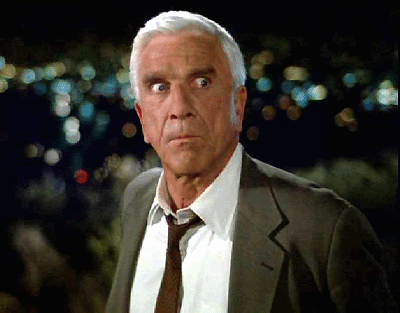
I dare you not to laugh at this great man.
There are two reasons I feel the comedy in these movies work as well as it does. First, the characters aren’t in on the joke. While the actions that take place and the circumstances in which these people find themselves might be ridiculous, the characters themselves very rarely nudge or even wink at the audience to make sure they get the punchline. The things that are clearly ludicrous to us as observers is unlikely to be commented upon by the characters in the scene, as if they’re oblivious to things like odd chalk outlines or the particular detail given by sculptors to the genitals of the statues outside the high floor of an apartment building. The characters might not comment on these things, but there they are, for the audience to behold and laugh at.
Which leads me to the other reason the Naked Gun movies are rightfully considered go-to examples of well-done parodies. The movie assumes the audience is observant, if not smart. Instead of inserting pregnant pauses, obvious musical stings or other shallow means of calling attention to a moment the writers fell all over themselves laughing, the gags and bits play out in a very smooth, almost breakneck manner in terms of pace and execution. You might be wondering what the difference is between The Naked Gun and, say, one of those Scary Movie sequels.

There’s a joke about the Wayans Brothers in here somewhere…
It seems to me the many of those sequels and spin-off movies act a bit like carbon copies of The Naked Gun. While the content has been dutifully duplicated and updated with even more pop culture references and gross bodily humor, the intelligence behind that humor, the ability of the actors to play their scenes straight and the assumption that the audience doesn’t need their metaphorical hands held to know when to laugh are all absent. Due to this, the humor suffers, and if the comedy in your comedy movie isn’t funny, you haven’t got much left, have you?
That said, comedy is largely a subjective thing. It’s a case of one man’s meat being another man’s poison. I mean, there are people out there who find Grandma’s Boy or Trapped in Paradise hilarious, I’m sure. Still, I’m going to go out on a limb here, and say that The Naked Gun and its sequels have a sort of timeless, universal appeal. They can find a place on just about any Netflix queue. I mean my wife, who typically isn’t a fan of comedies, found them to be pretty funny. And this is the reason I’m tackling these films, you see, because this day, the 18th of March, is her birthday. She recently retooled her blog and there’s lots of content to come there, so why don’t you swing by and check her out? Let it not be said I forget my loved ones on their birthday, even if the only day-of present I can provide is a shameless plug.
Josh Loomis can’t always make it to the local megaplex, and thus must turn to alternative forms of cinematic entertainment. There might not be overpriced soda pop & over-buttered popcorn, and it’s unclear if this week’s film came in the mail or was delivered via the dark & mysterious tubes of the Internet. Only one thing is certain… IT CAME FROM NETFLIX.

